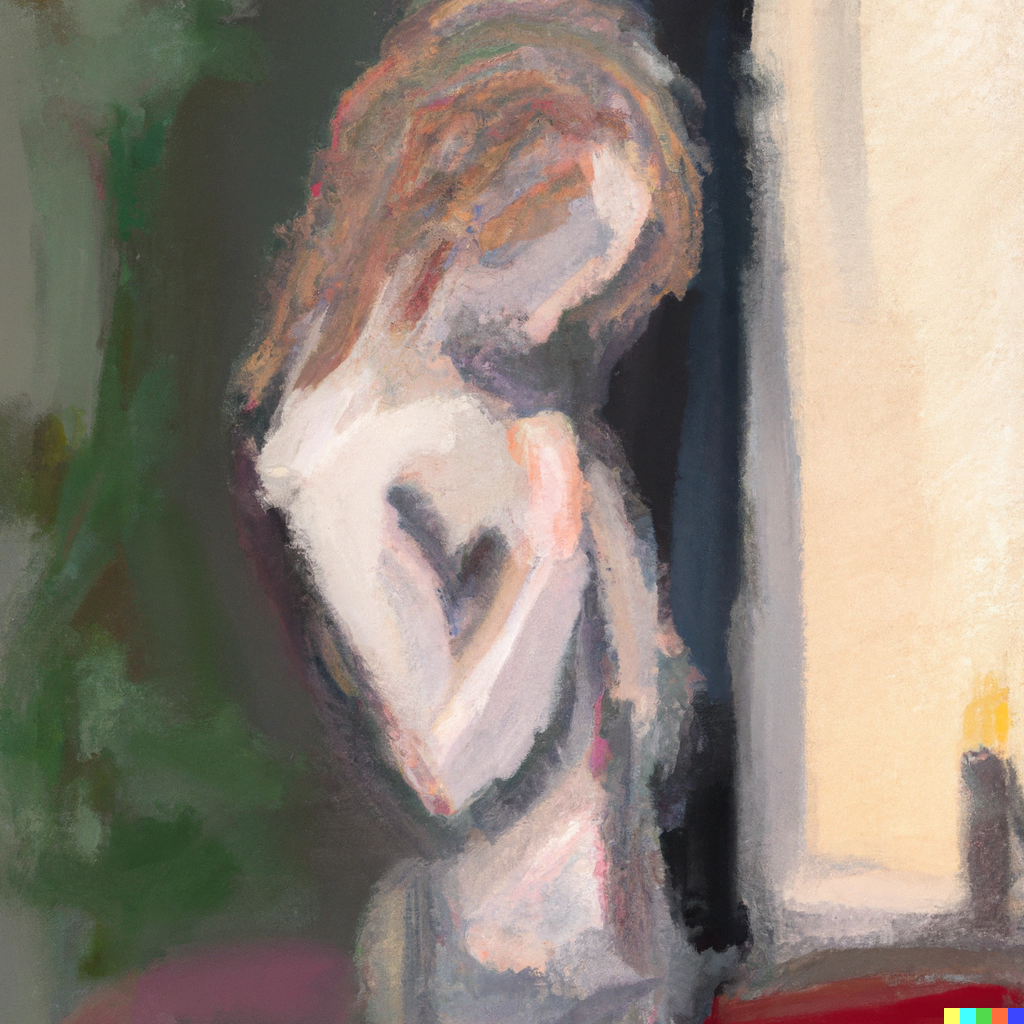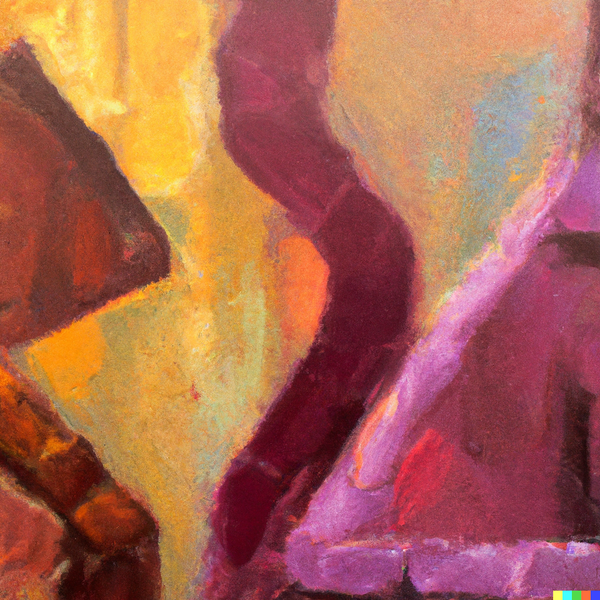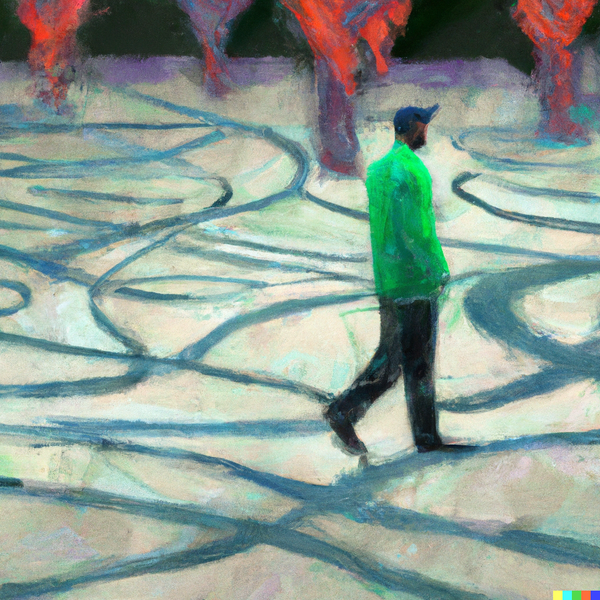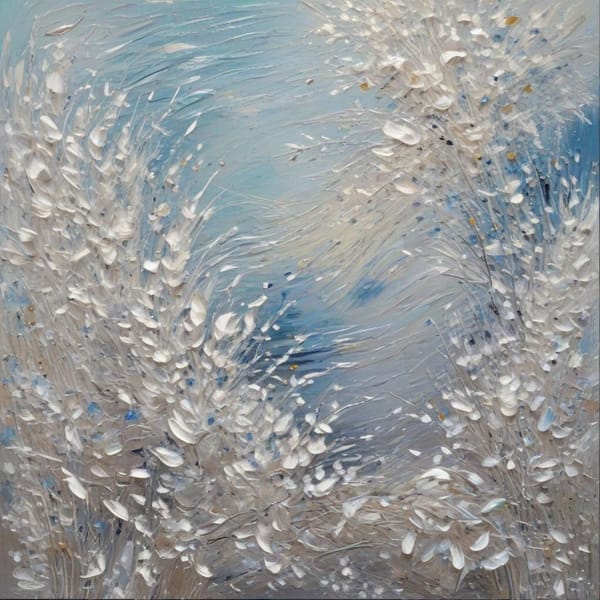beauty lies...

I think I have gotten to a point in my life where I’m at peace with the reality of ugliness. This is the year when I no longer flinch when watching horror movies, nor do I attempt to run from the monsters in dreams. Yes, now I simply accept things for what they are, to that end, I no longer have the gull to pretend that, “All things are beautiful” because… no, some are not. I know this because I am blessed with a highly critical temperament, one which has gotten me in trouble for offering “unsolicited advice”, yet, most recently, this perceptive attitude has afforded me the freedom to cherish the practicality of the ugly.
Several things happen when you first judge that something is not appealing. It doesn’t necessarily have to be ugly, this thing, it just has to first be un-beautiful. To get to this verdict, you assemble what beautiful features your mind can envisage and construct for your eyes what thing is to be considered a thing of beauty, and then you weigh it against the reality of the thing that stands before you. Finally, you declare, rarely ever boldly, that the thing overlooking you has fallen short of something pleasing to your eyes. Just like that a painting, a city, a cake, a baby, a dress, a face… becomes ugly.
And so we have established, horrendous things exist. They are around us, yet we ignore them, assuming that perhaps if we pay less attention to them, then no one will notice that our world is not one abounding in beauties alone. The bolder ones among us even go as far as bestowing the “beautiful” label on things that are so plainly painful for the eyes to perceive. All this is done in the name of the ever-corrupted proverb, “Beauty lies in the eye of the beholder”. Yet no statement testifies more forthrightly that both beauties and beholders recognise that ugliness is real and it inhabits real things, places, and people.
But of course, we can call a cave ugly. Indeed, we can get away with pointing out hideous cats and, sometimes, dogs. Yet we dare not call human beings unsightly (shucks!). I wonder why though, that is, why we suppose that the spirit of grotesqueness will be attracted to all but our kind. If nature is so coordinated, wouldn’t there be among us, as among other species, a handful of plain-looking beings? Should diversity exist for all human attributes except beauty? It certainly seems like that is the consensus now. Each and every one of us wants to be beautiful and attractive, and when we fall behind the ever-moving target of beauty, people are afraid of qualifying us as ugly, but rather they tell us that we’re “beautiful on the inside”. It’s like our minds have collectively decided that we will establish spectra in socioeconomic status, height and weight, skin colour, intelligence, dis/abilities, languages, and even in gender, but we will never concede to a spectrum of beauty.
In her essay “Optimizing”, Jia Tarantino writes:
“A more expansive idea of beauty is a good thing – I have appreciated it personally – and yet it depends on the precept, formalized by a culture where ordinary faces are routinely photographed for quantified approval, that beauty is still of paramount importance.”
My thoughts echo Tarantino’s, in that, I also wonder why it is that we are afraid of being un-beautiful. In the last decade or so, we have dared to expand what it means to be beautiful, except to acknowledge that, like every other quality, there are people who simply may possess small amounts of it or none at all. We haven’t considered that perhaps a more inclusive approach to our expansion of beauty boundaries would be to accept that it is human nature to not have everything. To be human is to be lacking, and in some of us, it just so happens that beauty is the thing we have no hold of. Yet even in the body positivity movement, we hear it being told that “All bodies are beautiful”. If that were truly the case, then at least on average, on any given day, any given person would be unbothered with the thought of switching bodies with someone else, wouldn’t they? But we all know that this is an unrealistic expectation.
I, even on my lowest days, am quite content with the body I have. In spite of its occasional bloating, incessant fatigue, and suicidal hair and nails, I still know that my body has made my life way easier than the lives of those whose bodies have not been celebrated by the mainstream. And the mainstream is making efforts to broadcast more body “types”, but if we are to be truly inclusive, we must honour each individual body for its distinctiveness. The truth of the matter is this, all bodies may not be beautiful, but all bodies are exceptional. Yet we are taught to neglect the diversity in how we look and to instead rush towards the unstable top of the beauty ladder. We are sold generic pointy noses, plagiaristic hairstyles, monotonous light skins, botched plump lips, and a set of “lifestyle” tips to maintain whatever new body part is on the market. Our lives, especially for women, morph into constant hide-and-seek with the ideal allure that, we are told, will make our lives easier and maybe even worth enjoying.
So, Tarantino writes, “The default assumption tends to be that it is politically important to designate everyone as beautiful, that it is a meaningful project to make sure that everyone can become, and feel, increasingly beautiful.” My question then is, can a lizard feel like a doe? Unless it is sold the idea that by having a seventeen-step Korean skincare routine and doing pilates then it can live its milk-producing-kid-having dreams, then certainly not. Then why are we buying into this idea that beauty must matter and it must count the most? Of course, there are practical benefits to being attractive. Pretty privilege is real. However, before we pull out our sociology hats and criticize the masses for unconsciously favouring the beautiful, I think we first need to seriously consider our fear of confronting ugliness.





